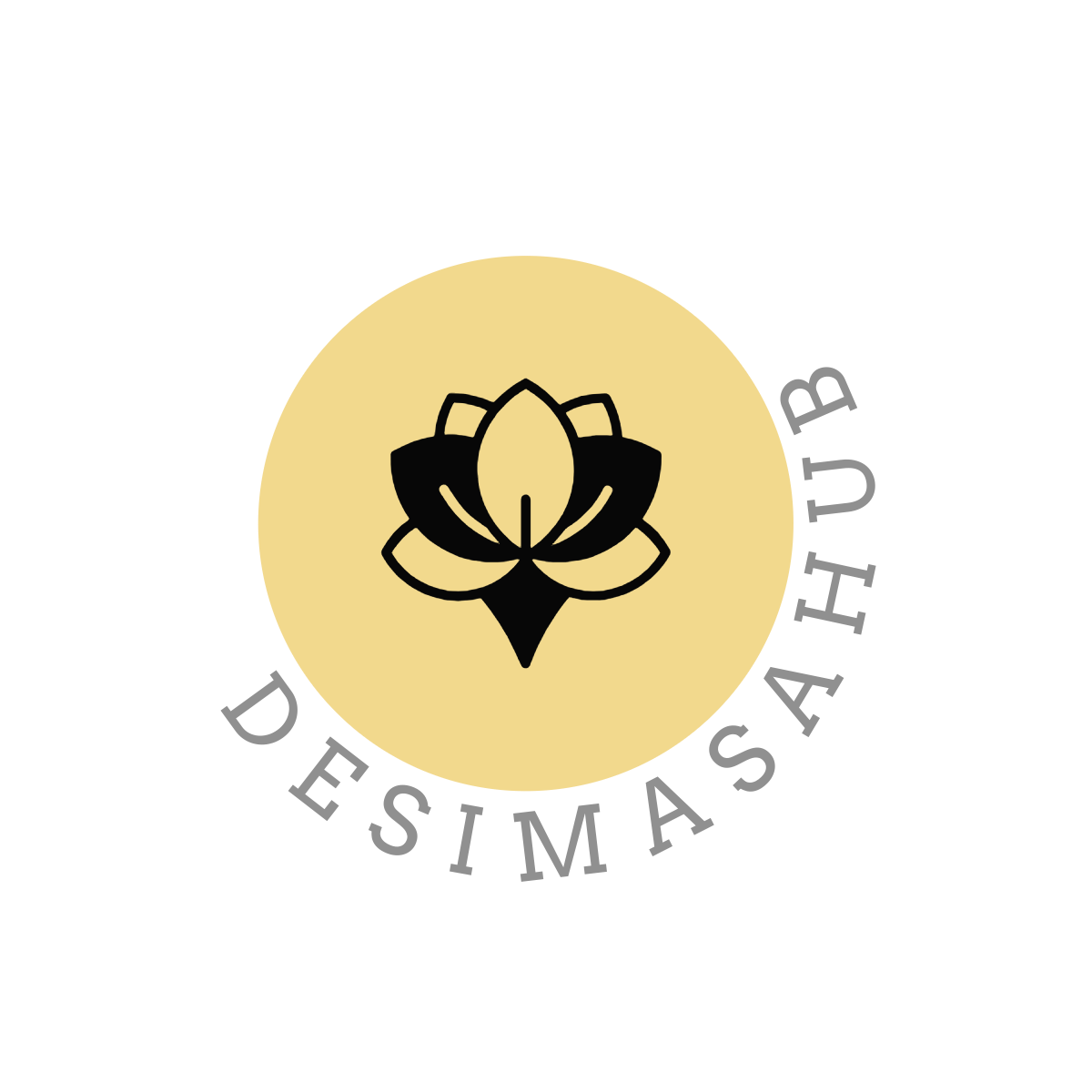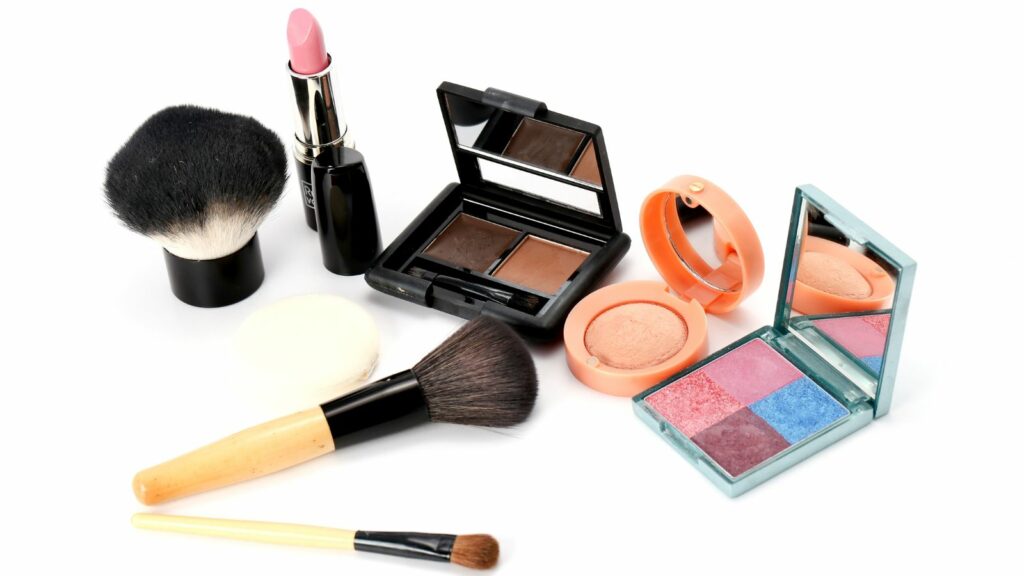From the Amazon’s natural ingredients to the latest in beauty tech, Brazil’s market is a fascinating study in contrasts. It’s a dance between tradition and innovation, where age-old beauty rituals meet cutting-edge skincare.
In this article, we’ll delve into the nuances of this dynamic market, exploring its key drivers, challenges, and opportunities. We’ll unravel the trends shaping the beauty landscape in Brazil, and what it means for brands and consumers alike. Stay tuned for an enlightening journey into the heart of Brazil’s beauty and personal care products market.
Brazil Beauty and Personal Care Products Market
Brazil’s beauty and personal care products market showcases a dynamic and thriving sector. Throughout the nation, a blend of homegrown and international brands vie fiercely for market dominance. Traditional beauty cultural practices blend seamlessly with innovative skincare breakthroughs, forming a unique market landscape. Now, the discourse plunges into more depth, investigating the market’s underlying driving forces, opportunities, and challenges. Additionally, trends molding the beauty landscape for brands and consumers in Brazil will be examined.
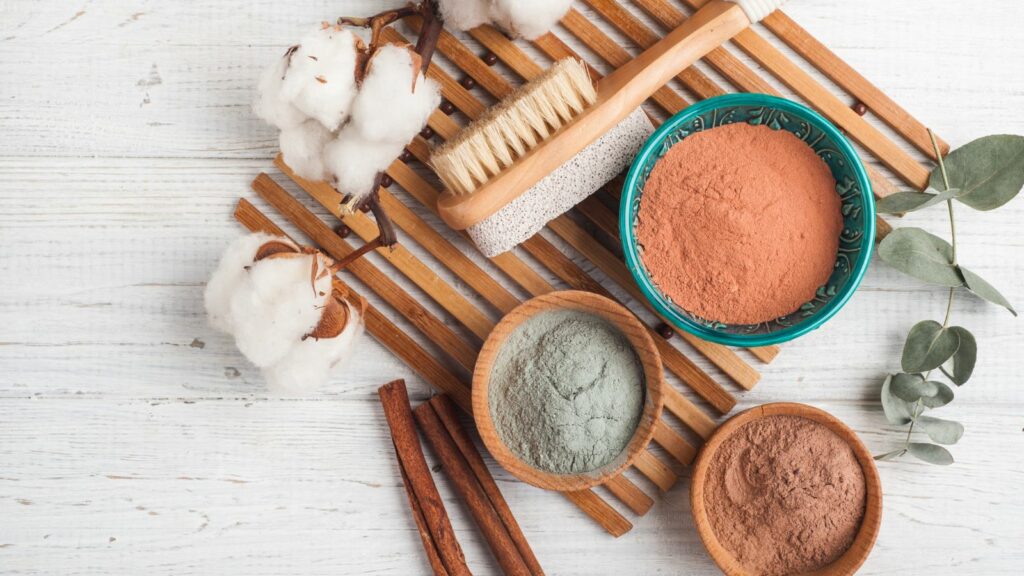
One cannot deny Brazil’s economy plays a vital role in shaping the beauty and personal care market. Increased purchasing power leads to the rise in demand for premium beauty products. Brands acknowledging this upward trend respond proactively, expanding their luxury product lines. Furthermore, Brazil’s aging population brings about increased demand for anti-aging solutions. Undoubtedly, the increase in social media usage significantly influences consumer behavior. They’re now more informed, opting for products that uphold values such as sustainability, veganism, and organic formulations.
Prevailing Consumer Preferences
Like a shifting tide, preferences of Brazilian clients evolve, ever-adapting to the current climate. Notably, authenticity ranks high amongst consumers’ expectations. They gravitate towards brands that convey transparency and hold the essence of ‘real beauty’. Also, consumers now prioritize skincare over cosmetics. This change in preference is largely credited to the global pandemic, ushering in the trend of ‘skinimalism’.
Leading Categories in Brazil’s Beauty Market
Brazil’s beauty market is a blend of tradition and innovation with various product categories gaining traction. The leading categories can generally be broken down into skincare, haircare, and cosmetic innovations. Each of these categories caters to the diverse needs and preferences of the Brazilian consumer base.
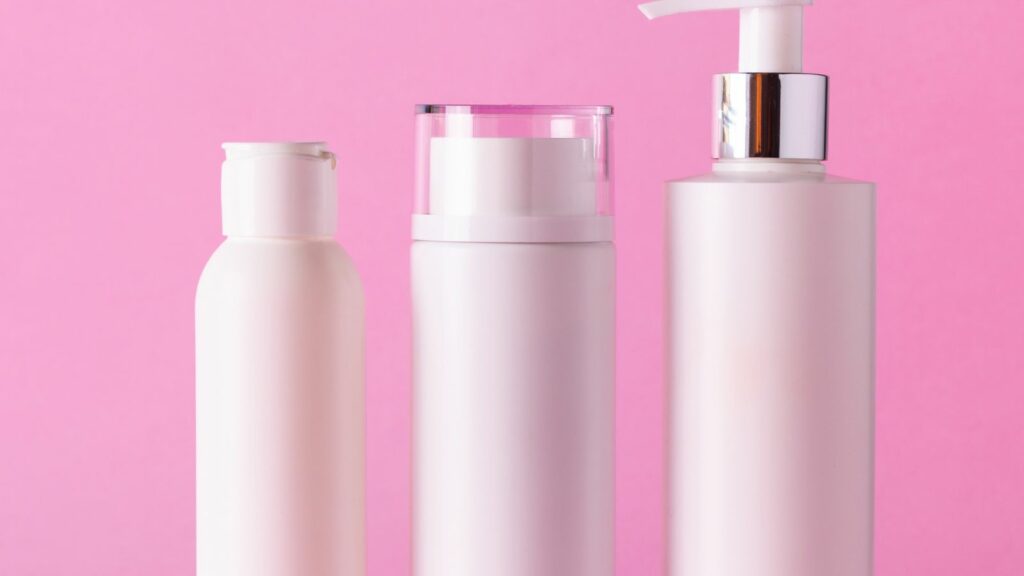
Skincare dominates the Brazilian beauty market, resonating with the preference for skin health over makeup. Brazilian consumers show a consistent inclination towards skincare products that fuse natural ingredients with scientific innovation. Facial moisturizers, anti-aging creams, and sunscreens remain popular choices. Emerging products embracing ‘skinimalism’ or minimalist skincare routine also pull substantial market interest.
Haircare Products
Haircare is another substantial category in Brazil’s beauty sphere. The demand for products catering to diverse hair types and textures is high. Haircare solutions like conditioners, masks, and leave-in products that address specific hair issues, for example, dryness or damage, are particularly well-received.
Despite a growing emphasis on skincare and haircare, innovative cosmetics remain an integral part of Brazil’s beauty market. Fundamentally, color cosmetics catering to a wide skin-tone spectrum make substantial market impact. The market also evidences a surge in demand for multi-functional products that provide both skincare benefits and color.
In Brazil’s rapidly expanding beauty and personal care market, a diverse spectrum of key players emerges. They encompass both local and international brands each making their mark through innovative marketing strategies.
Local vs International Brands
The marketplace teems with local Brazilian brands, as well as international enterprises. Brands like Natura, O Boticário, and Vult dominate locally with a blend of traditional Brazilian beauty wisdom and cutting-edge product technology. Examples of their products include acai body care lines or haircare solutions suited for the unique needs of Brazilian hair textures.
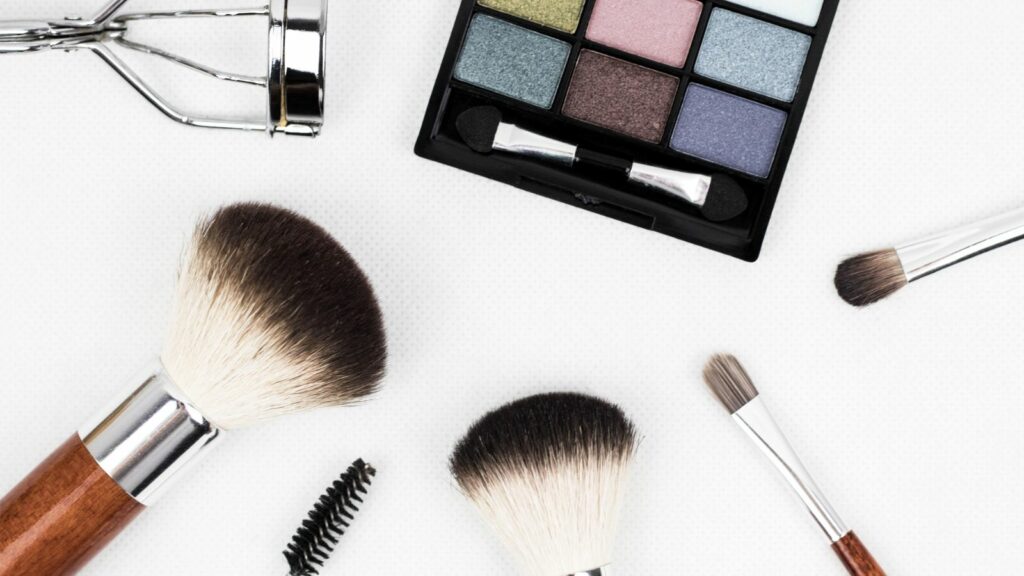
On the other hand, international brands such as Unilever, Procter & Gamble, and L’Oréal reveal themselves as contenders. They’ve captured Brazilian consumers’ attention with globally beloved product lines including curly hair solutions and anti-aging skincare. These players exhibit an ability to cater to the specific desires and requirements of Brazilian consumers, confirming their place in the market.
